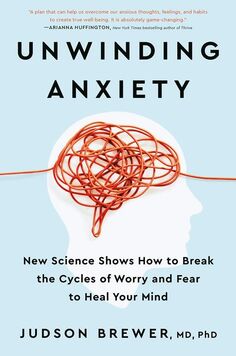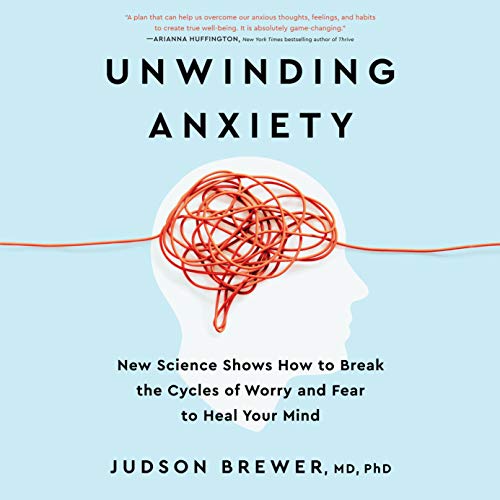|
It can be sooooo frustrating. You KNOW what you need to do, but no matter your intentions, after a couple of successful tries, those "bad habits" creep back in and you one again beat yourself up because you know better. Why do we do it to ourselves? Why can't we just break the cycle? Here's a thought: those habits are not just habits. Like the old Trojan Horse, the habits are more than the actions that they appear to be. They just might actually be remarkable disguises for our anxieties. As a disabilities rights attorney, this is important. Many of my clients don't think they have anxiety. They think they are lazy or uncommitted or careless or some similarly unflattering thing. And so they blame themselves when things go wrong, instead of considering that some combination of accommodations and services could help them through whenever their "bad" behaviors surface. Legal protections matter, because they give us time and space to work on the underlying disabling anxiety (or other condition) while continuing to progress in their school and work environments. This is not cheating. This is getting a chance to keep moving while you do double work: the work you do for school/work PLUS the work you do to neutralize your disabling condition through medications, therapies and practice. In Unwinding Anxiety by Judson Brewer, Brewer suggests that the key to breaking our bad habits requires that we start by breaking the habit open to reveal the anxiety. Start by mapping out the anxiety trigger that sets off the bad habit. Discern how our bad habit can actually be seen as rewarding. Then create and practice a new habit that is more rewarding than the old one. It sounds sooooo easy! But it really requires creating a lot of new habits that are difficult to establish, the most important of which, I think, is being kind to ourselves. I'm intrigued by the possibilities and that's why I've ordered this book for myself. I hope that if these sound like what might be helpful to you, that you go ahead and try it out for yourself. Maybe form a book club / support group. Maybe even get professional psychological services from a private practitioner or group/hospitalization program. It will take time and a lot of persistent that will be hard to maintain. Give yourself the grace to try and to get help.
0 Comments
|
AuthorMari Franklin is a counselor at law who specializes in helping students secure accommodations at school. Archives
February 2023
Categories |


 RSS Feed
RSS Feed